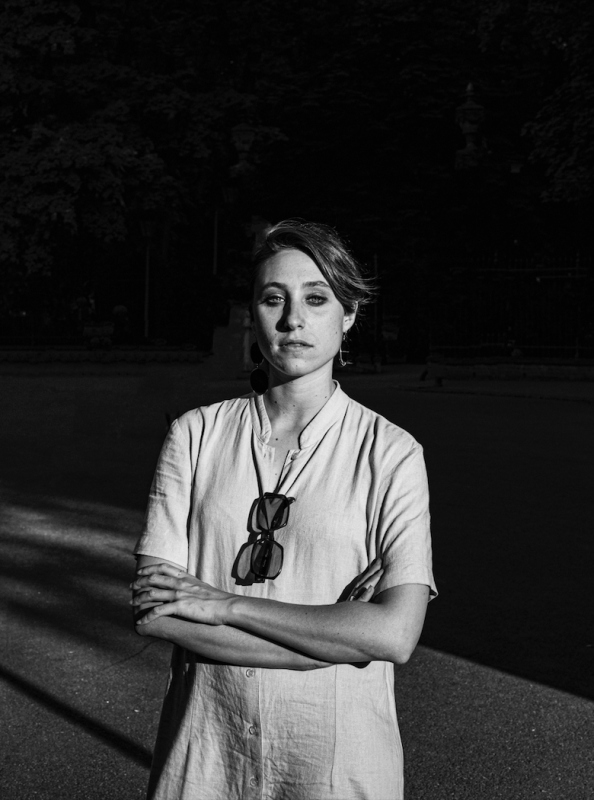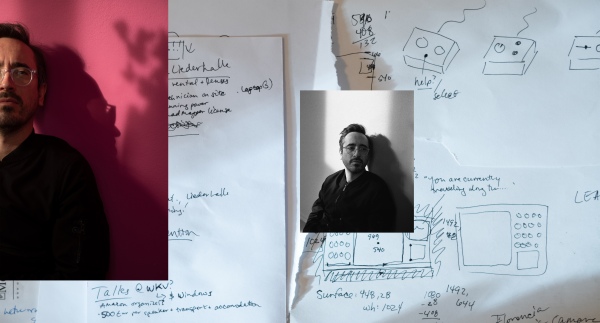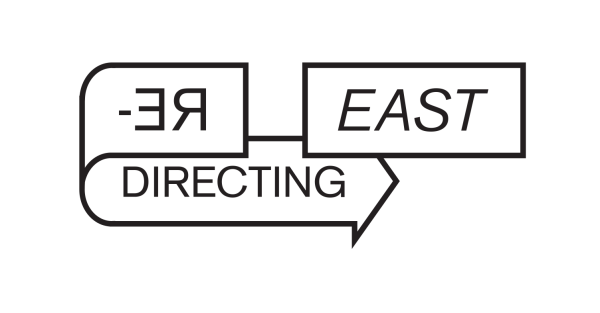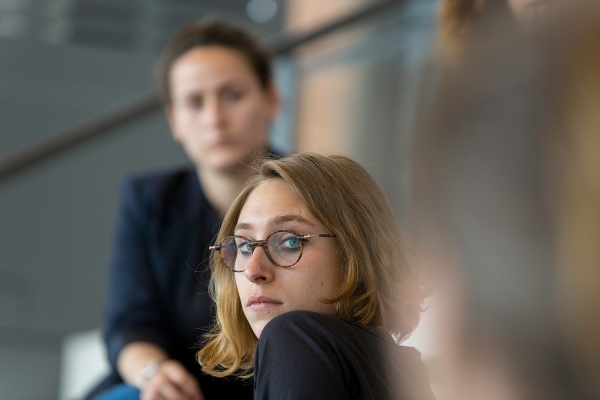Francesca Masoero on Re–Directing: East 2019
-
Marianna Dobkowska: Where do you come from and what did you bring with you to the Forum and the Re–Directing: East Seminar?
-
Francesca Masoero: I am a curator based in Marrakech, where for many years I have contrbuted to LE 18, a trans-disciplinary cultural space in the Medina, but also to other projects, such as the Madrassa Collective, a trans-border curatorial body operating across the Mediterranean, North Africa, and the Middle East.
-
I understand my practice as situated action-research, exploring the entangled notions of collective making and the forming of collectives, intersecting a conceptual constellation comprising of water, listening, (un)learning and resistances.
-
My contribution to the forum drew particularly from QANAT, a trans-disciplinary collaborative platform I initiated at LE 18 in 2017. QANAT explores the politics and poetics of water as a way to interrogate the multiple, contextual understandings of the notion of the commons. Adopting the qanat, the indigenous system of water cultures of Marrakech as a critical lens, the project engages practices of resistance to material and immaterial processes of extractivism that occupy our cityscapes. A rhizome of underground channels and wells jointly feeding urban and rural areas, the qanat is a technology that emerged across various geographies on a planetary scale, historically embodying and embedding a social contract grounded on environmental and trans-territorial solidarity.
-
Drawing from this idea, my intervention at the forum pointed to water infrastructures as a possible way to understand the complex and at times contradictory makings and un-makings of various worlds views. I found this a meaningful way to engage trans-local solidarities that already exist on the ground. Methodologically, I suggested that if our intention is to collectively build something new, we need to understand what is meant by the making of a collective, and explore how two, three or ten people come together in time and space.
-
-
What was your residency and seminar experience?
-
The Re–Directing: East programme was an enriching learning process, particularly because it embodied the sometimes conflictual or fragile proceedings of collective making in its indissociable link with the creation of a collective.
-
Starting with diverging understandings of legitimacy, responsibility, and representation, our discussion was informed by the urgency to find common ground. What does it mean to bring a small group of curators together from diverse socio-cultural backgrounds, economic or institutional positions, with a highly ambitious plan of designing an institution of solidarities of the future? Who does this group, and the individuals within it, represent? For whom, or on whose behalf do we have a right to speak, if any? With whom do we ally and create solidarities?
-
Confronting different languages and understandings, we tested our capacities to listen and temporarily withhold individual positions, expectations or desires in order to affectively comprehend each other more. This happened organically and honestly, through passionate discussions and disagreements, but also care, dedication, and respect. As residents, in particular, this mutual learning process was embedded in many playful and intimate moments, essential to deepen and strengthen affinities, and set the bases of friendship and trust.
-
-
What will you take with you from the residency and the seminar?
-
What I take back with me are first and foremost the seeds of friendship we have cultivated throughout the month. What has been very valuable, too, is engrained in our time together, not only in its consensual but also in its dissensual and at times conflictual nature. Processes of collaborative work inevitably involve some level of conflict and fragmentation. I leave with a reinforced belief that we need to examine the mechanisms that allow us to create safe spaces capable of engaging difference, and that we need to overcome the politics of representation and the vicious mechanisms through which they often regain terrain. Listening, time, care and self-care are crucial in collective processes, as they have been in ours too. They are ways of nourishing the unexpected, an unknown capable of accounting for the possibilities and the impossibilities of our cumulating desires.



